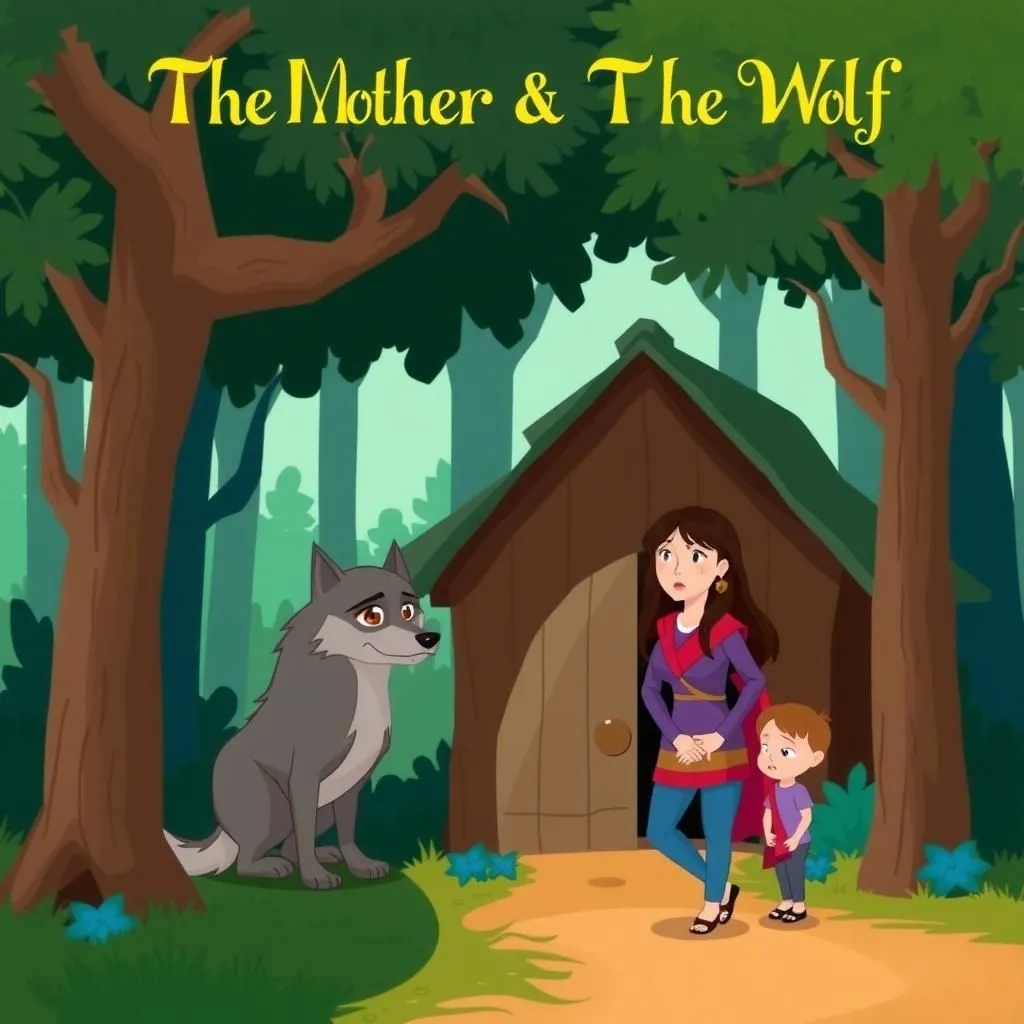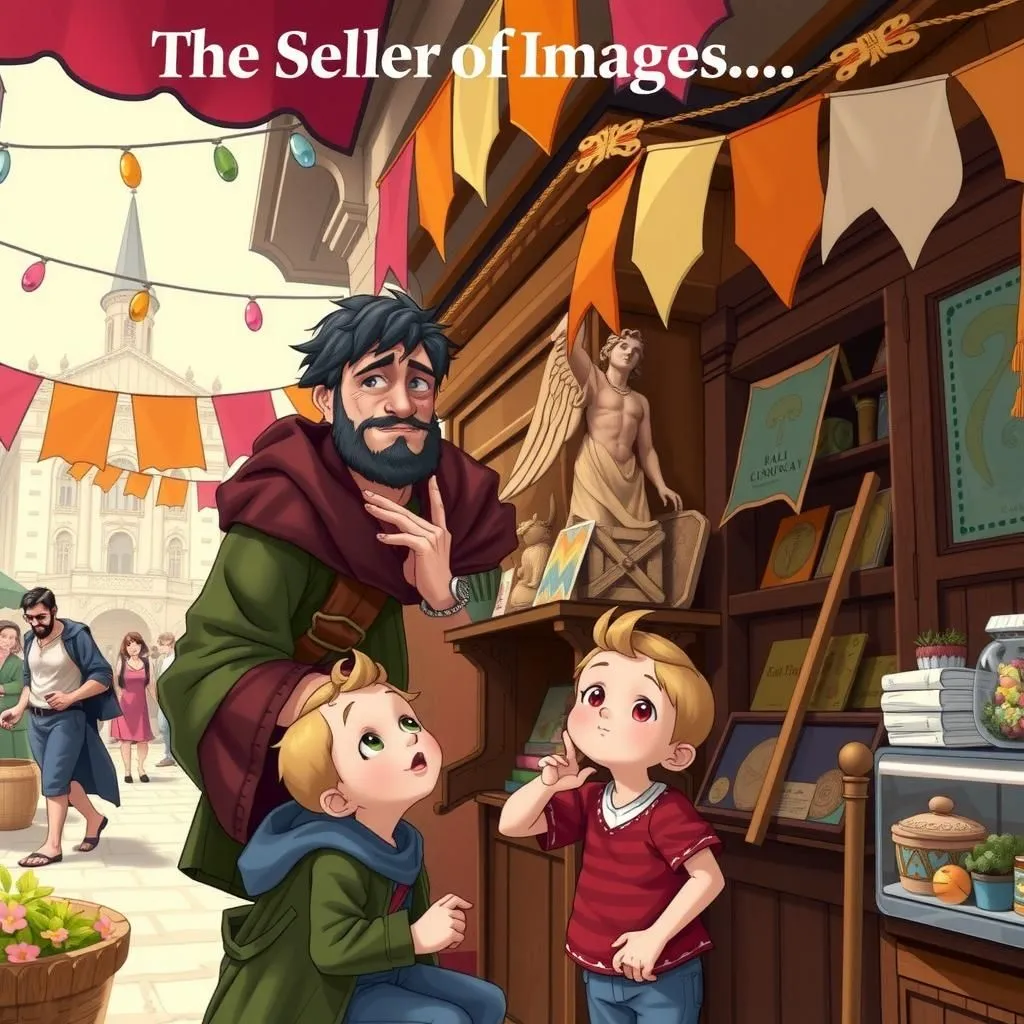
The Wolf and the Shepherd
In "The Wolf and the Shepherd," a shepherd learns a valuable lesson about trust when he mistakenly leaves his flock in the care of a seemingly harmless wolf. Initially wary, the shepherd eventually grows complacent, leading to the wolf's betrayal and the devastation of his sheep. This concise moral story serves as a cautionary tale for young readers about the dangers of misplaced trust in those who may have ulterior motives.


